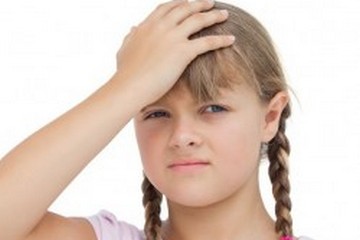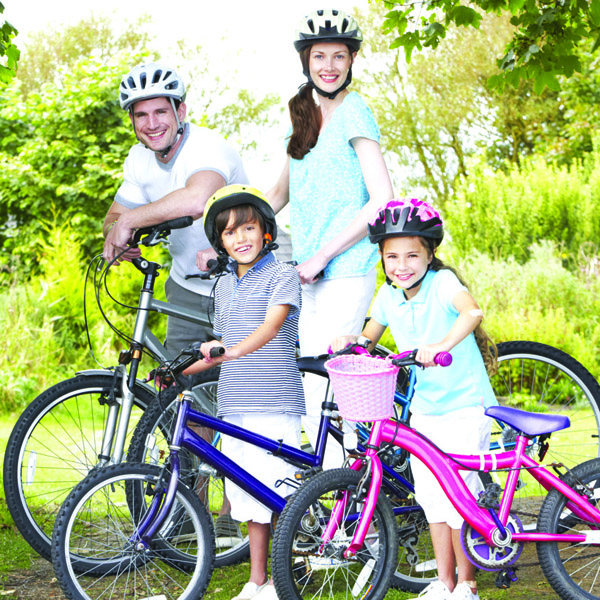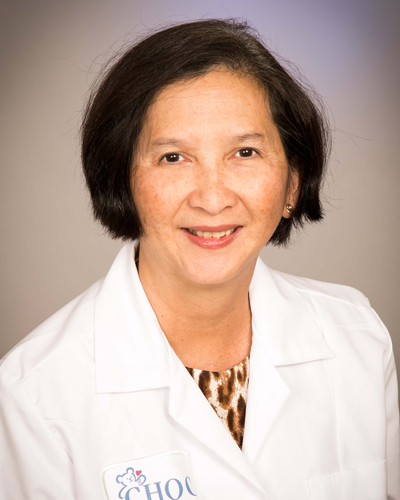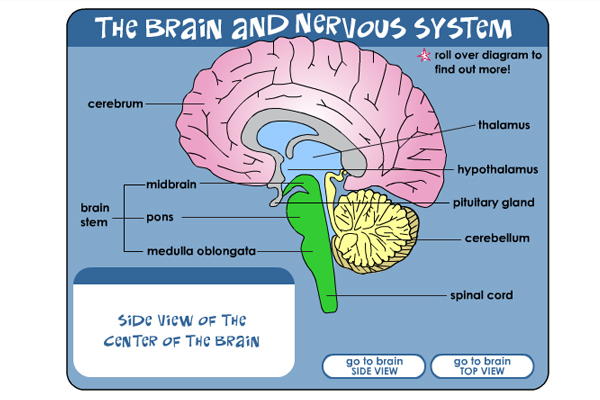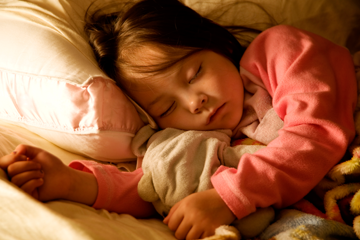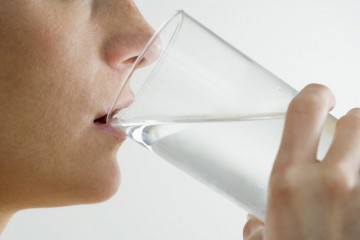WHAT IS A HEADACHE?
A headache is pain or discomfort in the head or face area. It can be acute (sudden) or chronic (recurrent). “For a child with an acute headache, you want to make sure there are no other problems that need to be addressed, such as an infection,” says Fernandez. If a child has chronic headaches, but their neurological (nervous system) exams are normal, migraines may be the problem.
MORE ABOUT MIGRAINES
Although there are no blood tests to determine if a child has a migraine, family history usually helps physicians pinpoint the diagnosis. Migraines can be brought on by food triggers, such as chocolate, cheeses and foods with preservatives such as nitrates. Nitrates can be found in favorite childhood foods including hot dogs and bologna, says Fernandez. Environmental elements including glare and sun exposure can also set them in motion. So how can you tell if your child has a migraine? Pay attention to these common symptoms:
- Abdominal discomfort
- Nausea and/or vomiting
- Pain on one or both sides of the head
- Facial pallor (paleness) during headache
- Relief of headache pain with sleep
PAIN RELIEVERS
Responding quickly is key to treating headaches and migraines. Over-the-counter pain relievers such as ibuprofen should be taken right away. “If you wait too long, nothing is going to help,” says Dr. Fernandez. Letting your child rest in a dark room or applying cold compresses are other ways parents can help ease the pain.
How can children practice proper headache hygiene?
Establishing good habits can help keep headaches at bay. These headache hygiene measures can help:
- Regulate your child’s sleep
- Find ways to help them cope with stress
- Avoid triggers
- Eat nutritious meals consistently
- Drink at least 8 glasses of fluid per day for adequate fluid intake
- Exercise at least 5 times per week for 30 minutes or more. This can help with stress and depression as well.
FAST FACTS
- When tension headaches occur most often: 9-12 Years Old
- When migraines may start: 5-8 Years Old
- When cluster headaches usually start: 10 Years Old
